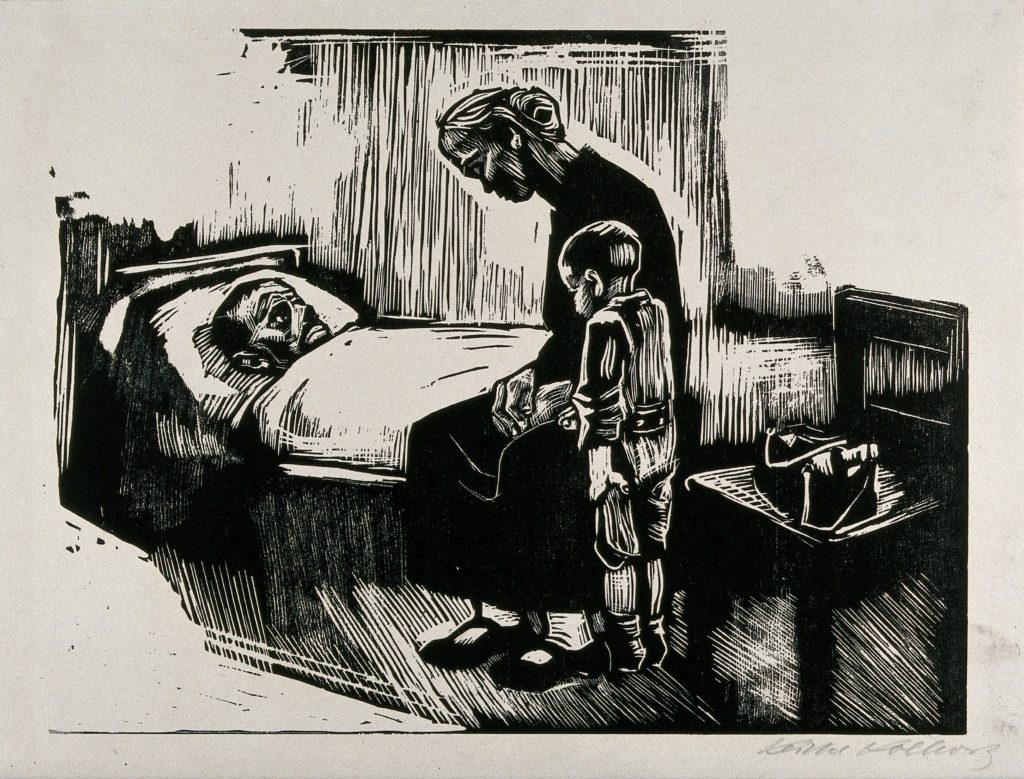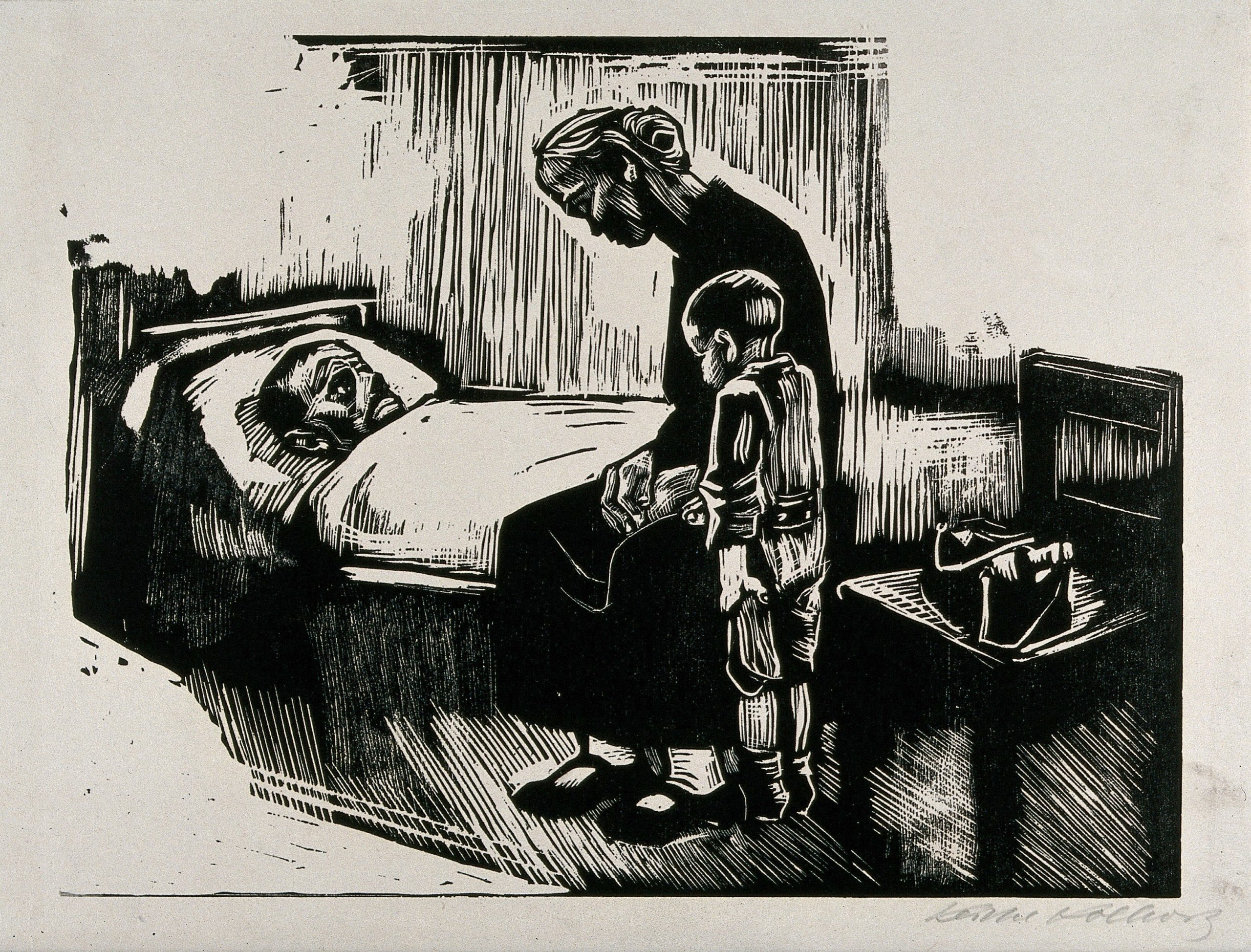
Welcome
The Site
According to the Arts explores and displays how the arts contribute to understanding illness and its effects on our lives. The site provides reviews and analyses of works from the arts—from any genre—that convey a perspective or offer a rendering of experiences health problems can produce. Also provided are observations and commentaries more general in nature on how the arts aid in comprehending illness and its effects on lives, and projects and initiatives with specific objectives directed at the same purposes.
The content is meant for the general public, and in particular for the following: people with health problems and those who take care of them; health care professionals, educators, and students; clinical researchers; Humanities scholars and students; health care policy centers; and health care product and service industry executives and managers.
Biomedicine—as it comprises health care professionals, their work settings, their education and training, their cultures and traditions—begins and ends with the pathological basis of health problems and the clinical responses to them. In short, Biomedicine focuses on disease. But what people experience when ill encompasses much more than the pathology of their problems can explain. The difference between a focus on disease pathology and illness experience creates a gap, a gap Biomedicine cannot and should not be expected to fill. Turning to the arts—the Humanities—is a better source.
The human condition has been the concern the Humanities for the several thousand years since humans began reflecting on their plight. Human suffering has been a major element of its remit, with disease being among the sources of suffering the Humanities cover. Across its many genres, the Humanities can render illness in different and better ways than Biomedicine can, and can go further to help people understand and accommodate the predicaments their health problems put them in; for example, adjusting to loss of control, revising life plans, finding meaning in an altered state, and overcoming the quotidian burdens illnesses impose. The Humanities can explain and illustrate how illness is part of the human condition, and how illness can encumber the journey through life.
“According to the Arts” derives from the Latin term secundum artem. Pharmacy and medicine practitioners use the term when referring to a mix of skills and judgments they apply to problems without time-tested and unambiguous answers. The site draws from the skills and judgments of writers, artists, poets, filmmakers, playwrights, philosophers, and historians as they can help people comprehend illness, and ideally how they can get better as a result.
Associated with this site is the podcast, The Clinic & The Person. It was developed to summon the attention of health care professionals, their educators, and researchers to the interests and plights of people with specific health problems aided through perspectives the humanities provide. Our aim is to surface these perspectives, and our desire is to present them in ways that encourage and enable health care professionals to fully engage, to consider all sources, not just biomedical, in their roles helping people with their particular health problems. We analyze and interpret featured works and provide thoughts on how they apply in many segments of health care. You can find more information about the podcast and cohosts Russell Teagarden and Daniel Albrant, and executive producer Anne Bentley at the podcast website.
The Content Source
J. Russell Teagarden
Russell Teagarden has a strong interest in how particular works from the Humanities render and explain the effects health problems can have on people, whether they are the people with the health problems, people around them, or people who take care of them. He came to this interest after having been immersed in atoms, molecules, and numbers as a clinical pharmacist and researcher in acute care hospitals and in the medical affairs section of a large pharmacy benefit manager. In time, through practical experience and formal scholarly inquiry, he apprehended how the biomedical enterprise (clinicians, researchers, institutions, traditions) focuses on the pathophysiological basis for health problems (disease) and does not pay much attention to what people with health problems experienced in their lives (illness). He found the Humanities (literature, art, and performance) to be a rich source of insights on illness experiences and how illness fits into the human condition more broadly. His efforts now are directed toward finding, evaluating, synthesizing, and communicating what can be learned and done about how illness affects people in their everyday lives.
_______________________________________________________________
Photo of woodcut: Besuch im Krankenhaus. (1929)
Käthe Kollwitz (German printmaker and sculptor, 1867-1945).
CC-BY. Wellcome Collection
